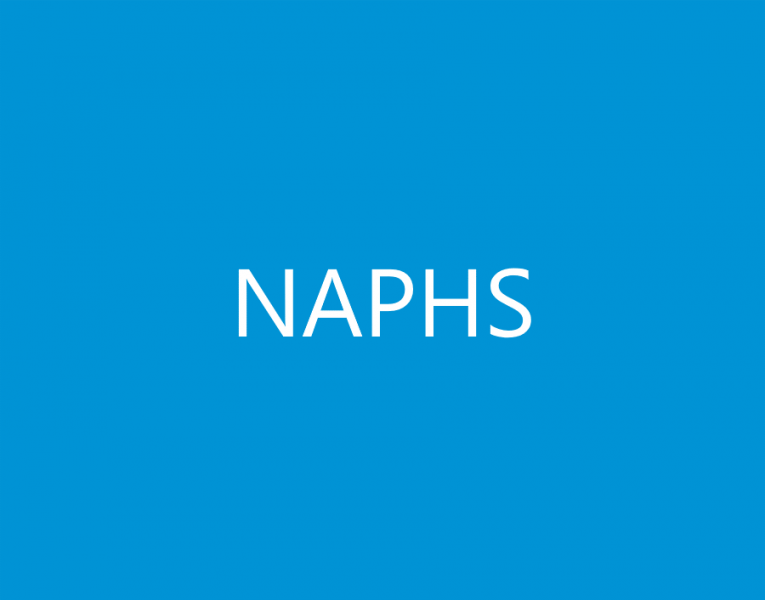
NAPHS Ethiopia
December 24, 2017
Ethiopia
Ethiopia
Ethiopia has successfully conducted the workshop on National Action Plan for Health Security (NAPHS) (2018-2022) preparation with active partnership and one health spirit under the overall leadership of WHO Country Office.
The opening speech of the workshop was made by His Excellency, Dr. Kebede Worku, State Minister of Health, calling for commitment and active engagement of participants to realize the country’s effort to launch the validation workshop before the end of 2017. The workshop had been facilitated by the presence of the leadership team from all line ministries and WHO (IM).
The commitment shown by the experts and leadership team is an exemplary for the Country.
A total of 71 multi-disciplinary experts from different government sectors (48), UN agencies (WHO (9), FAO (1)), US CDC and US Forest Service (5), CDC/Africa (1), CDC China (2), UK Public Health (1), OSU-GOHI (1), USAID (2) andOHCEA (1) took part in the planning. Four technical working groups (TWGs) (with lead and co-lead from government line ministries) has been formed and done the planning using the standard planning matrix provided by WHO.
The UK Public Health has shown remarkable commitment to attend this planning by arranging travel to Ethiopia within two days.
WHO has engaged 9 professionals, a team of 8 experts (from WHE and different clusters of WHO) and one leadership (IM) to support the planning exercise.
WHO/AFRO and HQ has also played crucial role in supporting the country through capacity building: trained two staffs of WCO on NAPHS planning (ToT), trained two government staffs on the IHR Monitoring and Evaluation of the NAPHS and additionally trained two government staffs on Port Health. This support has been contributing to the planning exercise.
Currently the government has planned the following:
·
Compiling and finalizing the plan after receiving inputs from the leadership team of different sector offices through the lead and co-lead of the four TWGs
·
Do costing using the tool prepared by WHO
·
Make preparation for the validation workshop